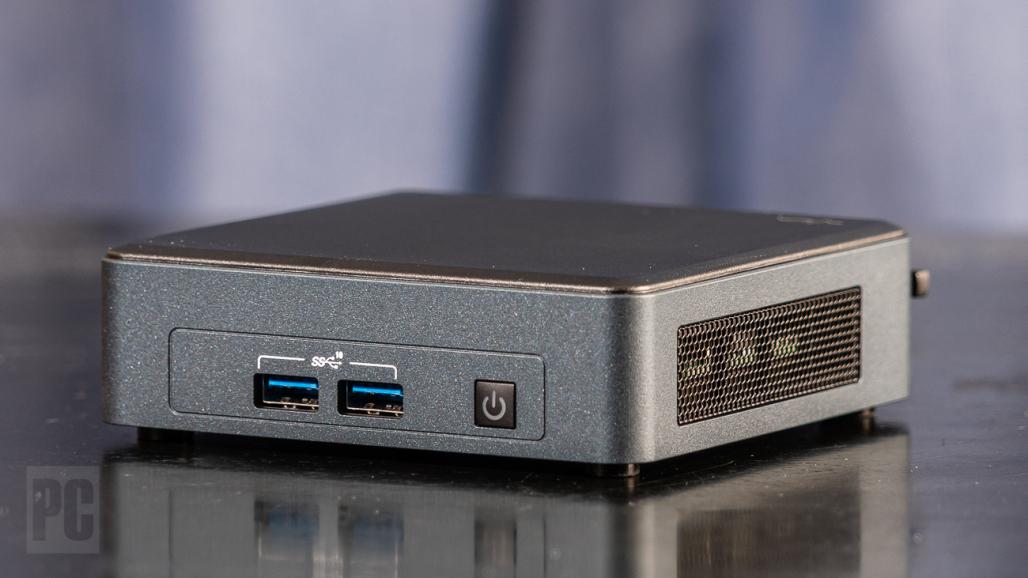
As microchips have grown increasingly powerful, the need to have a hulking tower desktop computer has shrunk—as have computer sizes themselves. These days, it's possible to get a competent machine little more than the size of a hardcover book, and there are even computers that can fit in the palm of your hand, albeit considerably less capable. Known as mini PCs, these machines can handle most everyday tasks while taking up little real estate on your desk. So if space is at a premium and your computing needs are modest, a mini computer is a great way to get more bang for your buck than with a laptop, especially if you don't have a need for portability (although most of these computers are small enough to throw in a backpack if needed).
What to Consider
As when choosing any computer, the first thing you need to consider are your needs. How you will use your computer will help you determine things like how much RAM (if you plan to do more than just browse the internet and write emails, be sure to get at least 8GB) and what kind of inputs you require. Fortunately, most mini computers offer much more flexibility than a
laptop
, and some are sold as kits that let you customize your machine to your exact specifications.
Size
If you are considering a mini computer, size and how much space your machine will take up on your desktop are obvious considerations. Certainly, it's appealing to try to get the smallest machine possible, but generally with a smaller machine, you'll get less power and less flexibility when it comes to adding components, simply because there's less room for adding them. But if you plan to use your mini computer just for streaming music and video, you should be able to get away with a tiny machine. Some mini computers are even mountable to the back of your monitor, letting them take up no space on your desk whatsoever.
Upgradability

Like other desktop computers, most mini computers offer the ability to add components like additional RAM and memory or a
graphics card
. If you're more technically inclined, some models are sold as kits that allow you to customize your own CPU, RAM, and storage. In such cases, you'll need to examine the available slots to ensure it can accommodate your choices.
How We Selected
We looked at a wide range of reviews from reputable sources like
Wirecutter, Lifewire
, and
PCMag
to find consensus on the best mini computers. While there are mini computers specifically designed for tinkerers to build desktop machines from scratch and which require a higher-than-average technical knowledge, we looked for computers that most users would easily be able to get up and running. We also looked for computers versatile for most everyday uses and opted not to include tiny computers suitable only for specific uses and not powerful enough to handle the needs of the average user.
